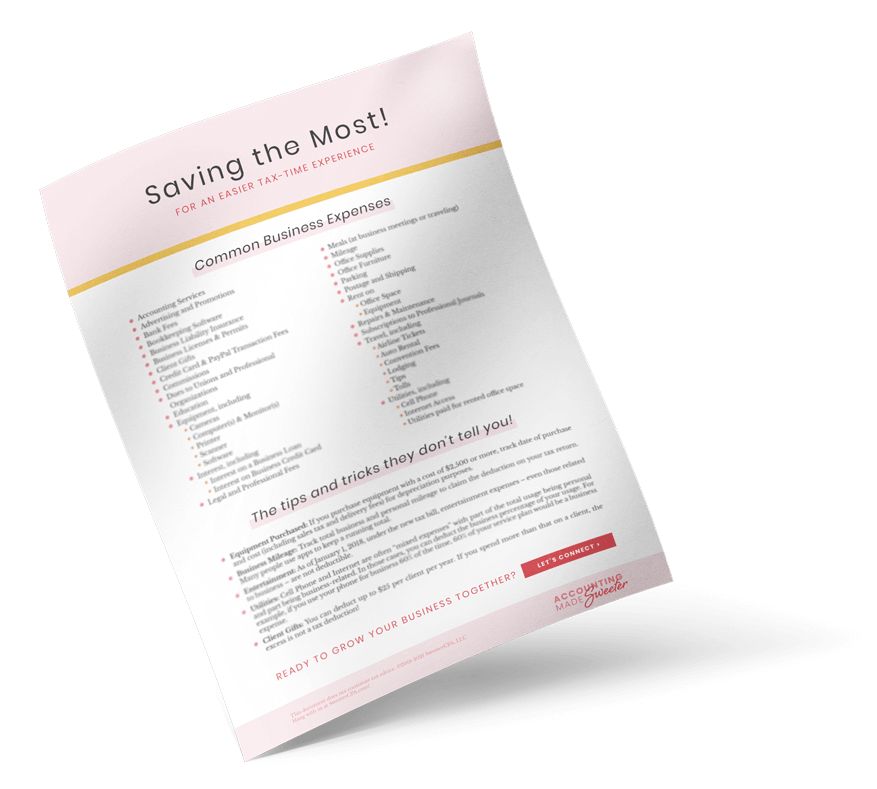Resources:
- IRS Publication 969: Health Savings Accounts and Other Tax-Favored Health Plans
- 2011 Form 8889: Health Savings Account
- 2011 Instructions to Form 8889
- IRS Publication 502: Medical and Dental Expenses
Why YOU should care:
If you are on a high deductible health plan (one with a deductible higher than typical plans), you may benefit from a Health Savings Account (HSA). HSAs provide a tax-exempt way for you to pay for qualified medical expenses for yourself or others.
What is an HSA?
An HSA is a tax-exempt trust or custodial account set up with a qualified HSA trustee to pay or reimburse certain medical expenses. The money or other assets in an HSA stay with you until you use them. HSAs are also “portable” – you can take them with you when you change employers.
An HSA can receive contributions from an employer or other eligible individual. Contributions from employers are not included in income. Contributions from other eligible individuals are deductible on that person’s annual return, whether or not he or she itemizes deductions.
Who is eligible for an HSA?
To qualify for an HSA, you must:
- Be covered under a high-deductible health plan on the first of the month. For 2012, the minimum annual deductible for self coverage is $1,200.
- Have no other health coverage, except that which covers:
- Long-term care
- Vision or dental
- Specific diseases
- Accidents or disability
- A fixed amount for hospital stays
- NOT be enrolled in Medicare.
- NOT be claimed as a dependent of someone else in the year for which you have the HSA.
If your spouse has other health insurance, you are only eligible for an HSA if you are not covered under his or her plan. Prescription drug plans do not cause ineligibility as long as they provide benefits only after the annual deductible has been met.
Who can contribute to an HSA?
Generally, contributions to an HSA come from two sources: an employer or the individual covered by the HSA. You can also make contributions to the HSA of a family member.
The amounts you can contribute to an HSA change each year and depend on the type of high deductible health insurance you or your family has, employer contributions, and the timeframe of your eligibility, so talk to your accountant first.
What happens when you use the funds?
If you use them to pay for qualified medical expenses, the distributions from an HSA are tax-free.
Throughout the year, as you incur medical expenses, you can use distributions from your HSA to pay for or reimburse qualified medical expenses. Be sure to keep records to document the reason for the expense, that the expense was not reimbursed by another source, and that the expense was not claimed as an itemized deduction in any year.
While you do not have to pay tax on distributions used for qualified medical expenses, you do have to report the use of HSA funds on a Form 8889 filed with your annual return.
What is a “qualified medical expense”?
The IRS has provided a list of expenses that qualify for the medical and dental expenses deduction in Publication 502. These expenses are considered qualified medical expenses for the purposes of tax-exempt distributions from HSAs. These expenses can be incurred by you, your spouse, and all dependents.
Expenses incurred before the establishment of the HSA are not qualified.
There is a penalty for using distributions from an HSA for things other than qualifying medical expenses. For 2012, this penalty amount is 20% and is calculated on Form 8889.



